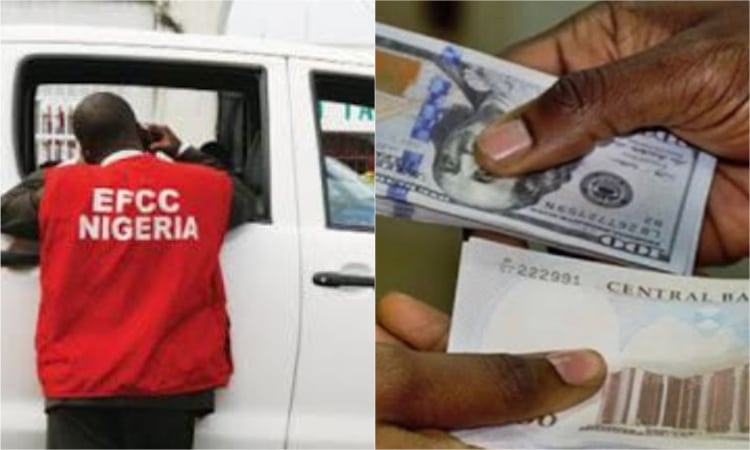In a major crackdown on foreign exchange scams and financial market manipulations, the Economic and Financial Crimes Commission (EFCC) has arrested over 200 individuals across Nigeria.
Sources within the commission, who spoke on condition of anonymity, confirmed the arrests to The Punch Newspaper on Wednesday.
According to one insider, the suspects were detained in various states, including Lagos, Abuja, Rivers, and Kano, reflecting the nationwide scope of the EFCC’s operation.
“Not all the arrested suspects are in Abuja or at our headquarters because they were arrested in different states across the country,” one source explained.
BELLNEWS reports that the operations have been part of a broader effort by the Federal Government to stabilize the naira and curb the detrimental activities of speculators in the forex market.
Just last week, the EFCC intensified its activities, targeting Bureau De Change operators in major cities like Lagos, Kano, and Port Harcourt, which have historically been hotbeds for illicit financial flows.
Adding to the efforts, the EFCC’s Uyo Zonal command made headlines on Friday, May 17, when operatives arrested five suspected forex speculators in Aba, Abia State.
The suspects, identified at their point of arrest at the Ama-Hausa mosque, were found with various foreign currencies.
EFCC spokesperson Dele Oyewale detailed the items recovered during the arrest stating that “The recovered currencies include 23,000 Won, 52 Yuan, $6,500 Nippon Ginko, 40 notes of Dalawampung Piso, 20 Gambian Dalasis, 20 Swaziland currency, and N382,000.”
Oyewale emphasized the seriousness of the crimes, stating, “They were arrested following weeks of surveillance and credible intelligence.”
He assured that the suspects would face the full weight of the law once investigations are concluded.
The clampdown on illegal forex activities comes amid a significant depreciation of the naira, with the local currency trading between 1,400/$ and 1,600/$ at official and parallel markets in recent weeks. The recent actions by the EFCC are seen as a direct response to these economic pressures.


